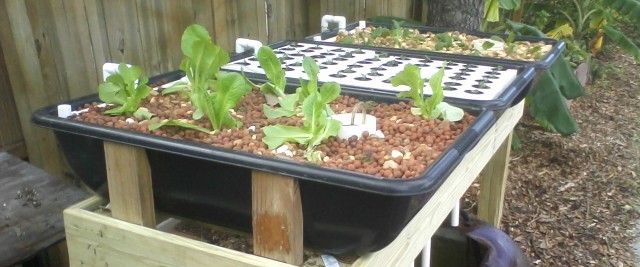
Aquaponics Hybrid Urban Growing Systems introduced by Sahib Aquaponics
Aquaponics News
Aquaponics Hybrid Urban Growing Systems introduced by Sahib Aquaponics
Sahib Aquaponics held their inaugural Aquaponics training workshops by Aquaponics Urban Gurus on December 10th, 2011. The Aquaponics Workshops were very well received by all who participated and hopefully the world will have another few people who will build Aquaponics systems themselves, enjoy this way of life and then share such knowledge with many more to help provide sustainable solutions to the world hunger epidemic. Reflecting at the end of the workshop, the question was asked as to what constitutes “success” to Sahib?
Tim Mann of Friendly Aquaponics recently wrote…"To Sahib what the word “success” means is that most (if not ALL) of the participants in the courses go out, build and operate Aquaponics systems with the knowledge empowered that Sahib has imparted during the course to help end world hunger". Needless to say, I was very happy to read the following e-mail from one of the Workshop participants…
“Dear Sahib, Just a quick note to again thank you for an interesting and educational two days. We enjoyed it very much and our eyes were opened to a new concept. We are already trying to locate the necessary items to build a system much like the one you demonstrated. Keep up the good work! Best wishes, Clyde and Trudy Edwards”.
The Aquaponics hybrid urban growing system that Sahib demonstrated during the Aquaponics Urban Gurus Workshop was a prototype. Over the course of the next few weeks, Sahib will share with you the endless possibilities of how to grow your own food locally and naturally without the use of harmful pesticides and chemical fertilizers by using these Aquaponics hybrid urban growing systems. These Aquaponics hybrid urban growing systems can be scaled to size and can be replicated. They can be modified to be operated off grid as well as expanded as the need arises. Such systems can be used to have fresh food at home, work or anywhere they are set up. They are excellent tools to use as teaching aids so that we can empower the future generation with the knowledge to grow their own food locally by natural means. Sahib’s Aquaponics hybrid urban growing systems can be the basis of feeding the family, the community as well as provide income to the urban farmer. Sahib will also share how such systems can be used in urban retail economy, both by food establishments as well as food/produce retail outlets to enable the consumer to purchase food that has been grown locally and by natural means. Food that is “live” (a new twist on the label “Fresh”), and the type recommended by most medical and health professionals as what we should be eating.
"The Zero Lot / Backyard Gardener" System
This was the Aquaponics hybrid urban growing system that Sahib shared with the Workshop participants. We introduced two growing methods, one based upon the raft system and the other using media beds. We explained the different Medias that could be used as well as explaining them how to mix media to assist in the planting of seedlings. Workshop participants gained hands on experience in the assembly process as well as seeing the complete system operate. They were shown the beauty and functionality of using the bell siphons (we used a modified design based upon Affnan's design), to aid in the aeration process. Workshop participants were requested to assemble a similar Aquaponics hybrid urban growing system and begin to grow food for themselves. Over the course of the next few weeks, we will add vertical towers ("Sahib Sandwich Towers") over the media beds, add an NFT system as well as introduce re-circulating media beds. In due course we will add some containers to be watered on occasions by the fish effluent water. As the fish grow in size or an additional fish tank is added, we will add additional raft beds to dramatically increase the overall growing capacity. The system will be designed to have a canopy to allow shade cloth as well as cover to collect rainwater for recycling. A small solar system will also be introduced so as to be able to operate the complete system off grid. We will post photos as we build and incorporate such additions as well as provide detailed cost analysis of the system. You will be able to build them yourself with local materials or purchase them form Sahib Aquaponics.
These are the types of systems that Tim Mann was referring to when he wrote… “Sahib is dedicated to “feeding the villages” of the world, are his words for teaching the poorest people in the world how to feed themselves using Aquaponics. He is developing Aquaponics systems in Winter Park, Florida, that are the prototypes for affordable systems that will be appropriate for economically disadvantaged and developing nations.” Sahib’s Aquaponics hybrid urban growing systems will be engineered to enable them to be built completely by locally sourced materials as well as complete packages so as to meet different needs and wants. This should ensure that they are affordable systems for the economically disadvantaged, where ever the need is, thus helping provide a sustainable solution to the world hunger epidemic. Water conservation, use of green technology, reducing the carbon footprint while providing a sustainable solution to help develop ecosystems and sustainable living food jungles thus helping reduce, perhaps even eliminate hunger, are just some of the goals and end results of Sahib’s Aquaponics hybrid urban growing systems.
Sahib is accomplishing this in the most interesting place ever seen on an Aquaponics farm: in the “dead space” of a suburban strip mall in Winter Park, near Orlando in Central Florida. Recently an experienced Aquaponics gardener commented…” all the improvements that have been occurring at the "Urban Wasteland"… Now it has been transformed into a beautiful and productive "Urban Farmland"!” Tim Mann comments…” This is not only innovative on Sahib’s part, but perhaps prescient also. Although the politicians all say “we’re on the road to recovery”, there are others who talk of going back to basics and being responsible for our own food security. I can’t think of a better use for a lot of those empty strip malls we see nowadays: imagine housing the farming community in the buildings and growing the food in the empty parking lots!”
Sahib is using the profits from Aquaponics training workshops by Aquaponics Urban Gurus to fund the development of Aquaponics for the poor hungry world villages. He has set up a separate group for this called “Feed Hunger Now” (see link below). Will you help join Sahib…can we work together in this venture? What ideas do you have to help towards this goal?
God bless,
Over the course of the next few weeks, Sahib will share with you the designs and pictures of Sahib’s Aquaponics Hybrid Urban Growing Systems.
The Hobby / Nano System
The Balcony / Patio System
The Zero Lot / Backyard Gardner
The Urban Farmer / Community Gardner

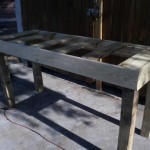
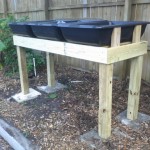
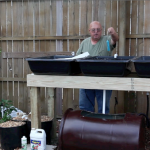
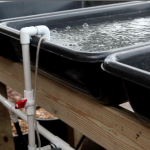
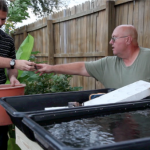
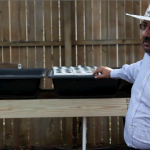
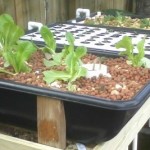
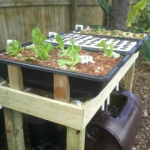
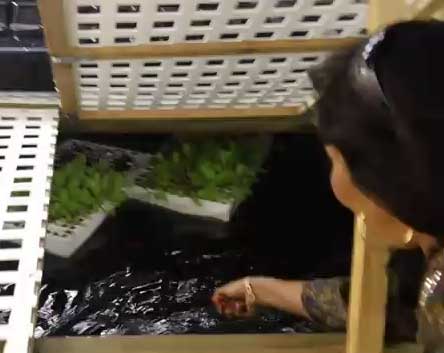
 Best Western Orlando East Inn & Suites
Best Western Orlando East Inn & Suites Crestwood Suites of Orlando-UCF Area
Crestwood Suites of Orlando-UCF Area Days Inn N Orlando/Casselberry
Days Inn N Orlando/Casselberry Park Plaza Hotel
Park Plaza Hotel Thurston House Bed and Breakfast
Thurston House Bed and Breakfast